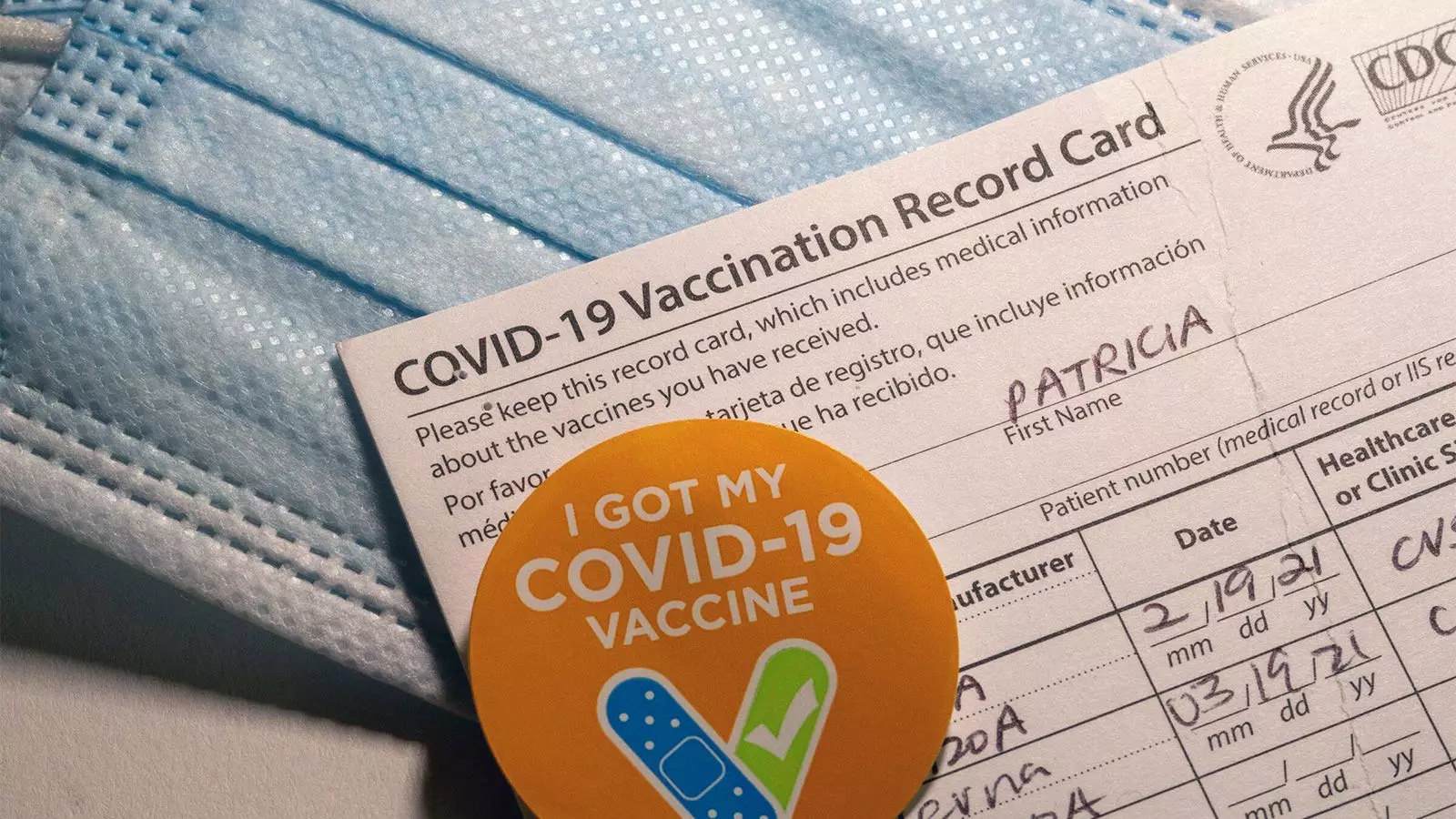The unprecedented global crisis posed by the COVID-19 pandemic has led to a significant surge in claims filed under the federal Countermeasures Injury Compensation Program (CICP). With the onset of the pandemic, the program, which was established to provide compensation for individuals injured by certain medical countermeasures, found itself overwhelmed. A recent report from the U.S. Government Accountability Office (GAO) sheds light on the dramatic increase in claims and highlights the challenges faced by the program in processing these claims effectively.
The GAO report reveals that the CICP received an astounding 13,333 claims related to the pandemic, representing a staggering 27-fold increase compared to the total of 491 claims processed during the first decade following its establishment in 2009. This dramatic rise can be attributed to the expedited development and deployment of vaccines and treatments intended to combat COVID-19 and the inherent complexities involved when evaluating the efficacy and safety of these countermeasures. By mid-2023, the Health Resources and Services Administration (HRSA), which administers the program, had made determinations on approximately 25% of the claims, yet only 92 claims (approximately 3%) were deemed eligible for compensation due to serious injury or death directly linked to covered countermeasures.
The CICP was created under the Public Readiness and Emergency Preparedness Act of 2005, with the intent to foster the rapid development of vaccines and medications against emergent health threats. By limiting the legal liability of manufacturers and related entities, the program aims to encourage innovation amid public health emergencies. Countermeasures covered by the CICP include vaccines and treatments for various viral and bacterial threats, including anthrax, Ebola, and Zika, in addition to COVID-19.
Despite the supportive framework provided by the CICP, the compensation process has faced notable challenges. As reported, HRSA had disbursed a total of nearly $6.5 million in compensation for injuries and deaths, with the majority of payments being related to serious injuries stemming from the H1N1 vaccine. In the context of COVID-19 countermeasures, $419,000 in compensation was allocated to 14 claimants for severe injuries, such as myocarditis, thereby raising questions about the adequacy of the program to meet the needs of those suffering as a result of countermeasures.
An intriguing aspect of the claims process involves the avenue for reconsideration of denied claims. As of mid-2023, there were 486 requests for reconsideration related primarily to COVID countermeasures. Notably, over 80% of these requests were reportedly due to disagreements with initial administrative reviews, often linked to procedural issues such as missed deadlines or incomplete documentation. Such a high percentage of reconsideration requests underscores the need for clearer communication and more robust support for claimants navigating the application process.
Furthermore, the data indicates that the independent reconsideration panel reviewed 392 of these requests, determining that 99% of the claims still did not meet the eligibility criteria for compensation. Although a minuscule number of claims were eventually granted reconsideration, this highlights the daunting reality faced by claimants and the complexities inherent in the adjudication process.
As highlighted in the GAO report, one of the most significant challenges encumbering the CICP during this flood of claims has been a chronic understaffing issue. At the outset of the pandemic, only four staff members were designated to manage this considerable influx. This staffing shortage has inevitably impeded the program’s capacity to quickly process claims, often delaying the resolution for claimants in urgent need of compensation.
Compounding this issue, the CICP faced systemic hurdles stemming from outdated information technology systems initially designed for a low volume of claims. The reliance on traditional mail for communications in an era where electronic processing is prevalent resulted in further inefficiencies, complicating the timely handling of claims. The HRSA also acknowledged a lack of comprehensive medical and scientific evidence available to substantiate claims of injuries induced by COVID countermeasures, further complicating decision-making for medical reviewers tasked with assessing causality.
As the CICP continues to grapple with the challenges brought to light by the COVID-19 pandemic, it is clear that meaningful reforms are required to ensure that the program can effectively meet the evolving demands of public health emergencies. Enhancing staffing levels, streamlining administrative procedures, upgrading IT systems, and improving evidence bases to support claims adjudication are all vital steps that could better position the CICP to serve as a reliable safety net for individuals injured by medical countermeasures. With the ongoing lessons learned from the pandemic, there is an opportunity for federal programs like the CICP to adapt and improve, ultimately instilling greater public confidence in the nation’s response to health crises.

